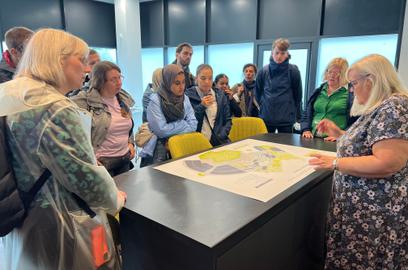Baking the Future City
The third annual ‘Gingerbread City’ is currently wowing visitors to the Victoria and Albert Museum in London, where it is open to visitors until January 6, 2019. This years theme is the Future City. Tibbalds’ Urban Designer Amy Sweeting has been at the centre of the planning and preparation of the event, and here reflects on some of the thinking that went into it, and what she has taken from her involvement.
We know that the way to most people’s hearts is through food – so what better way to encourage people to think about placemaking than designing a city to be constructed entirely out of gingerbread, icing and sweets!?
The purpose of Gingerbread City, apart from looking like the world’s most decadent dessert buffet, is ultimately to encourage a wider audience to think about ‘what makes places work’ and how urban design, planning and architecture can be used as a tool to shape spaces of differing form, function and character. ‘Imagining the Future City’ was the chosen theme for this year’s Gingerbread City to encourage participating architects, engineers and designers to explore forward-thinking design, consider how the evolution of technology and transport modes may impact on design, and experiment with how sustainability can be maximised in a rapidly densifying environment.
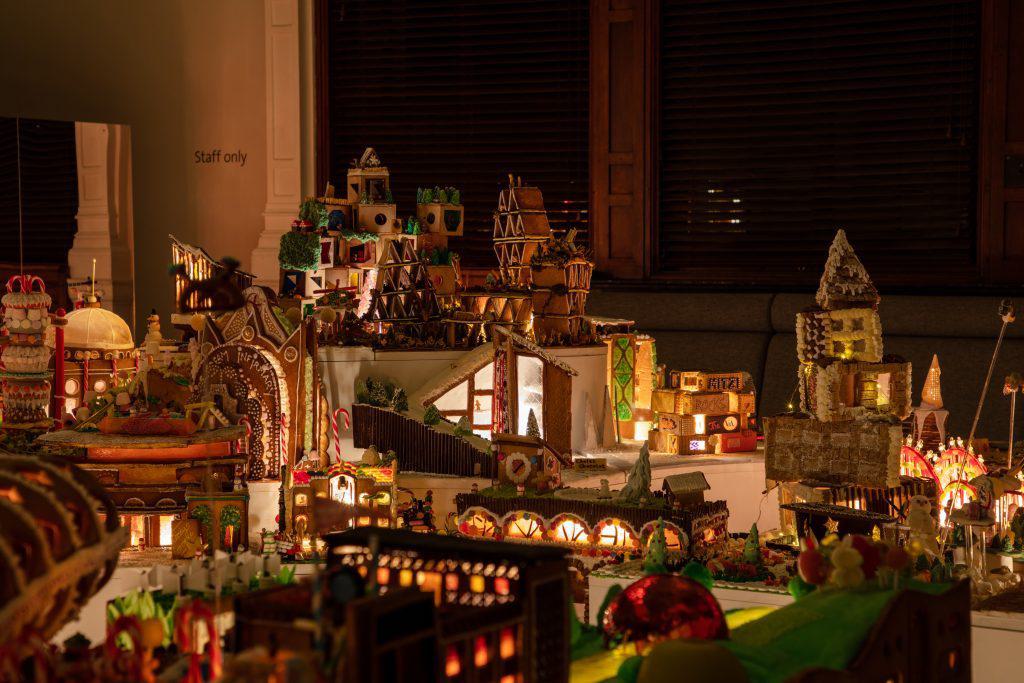
Throughout the development of the Tibbalds’ masterplan, a number of discussions in the team revolved around one fundamental question: what IS the ideal future of our cities? Skyscrapers that accommodate a multitude of uses and provide spaces for urban agriculture at elevated levels? Reverting back to more traditional streetscapes, open markets and more intimate public spaces? Integrated transport modes? Networks of productive landscapes woven around the streets and buildings? Multi-functional spaces and buildings that can accommodate people’s daily needs in one location? The list of questions is vast with the associated answers all (almost) entirely subjective. There were a number of principles, however, that were widely welcomed, generally revolving around the importance of an inclusive, sustainable and healthy environment.
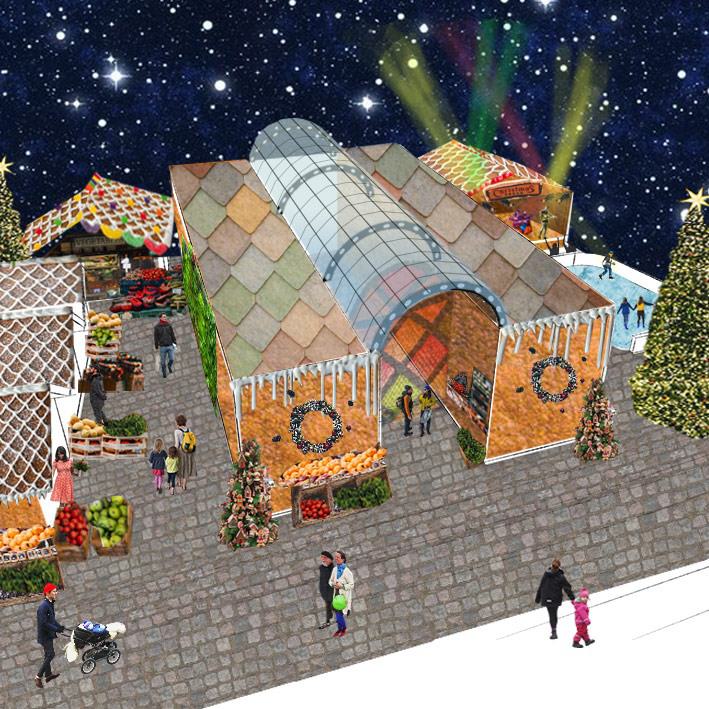
The end result of Gingerbread City this year is an impressive showcase of innovative design that encourages debate around the design of the future city. Some of the highlights of the experimental architectural design and construction that is on display include the use of a construction robot, a futuristic ‘high line’ that incorporates elevated and twisted light rail platforms, sky gardens accommodating urban agriculture over a number of levels, an animal recovery centre that increases biodiversity within the city and a flying fire station that responds to emergencies with fire-fighting drones.
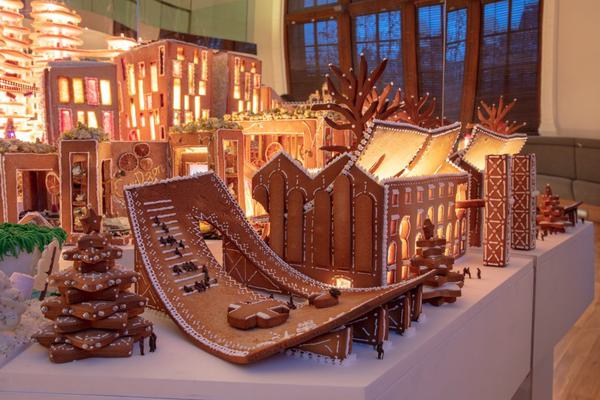
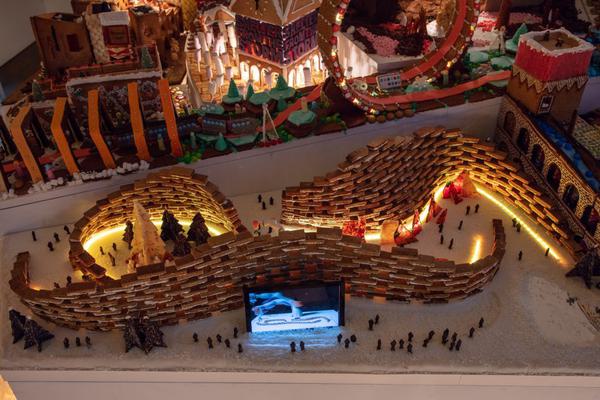

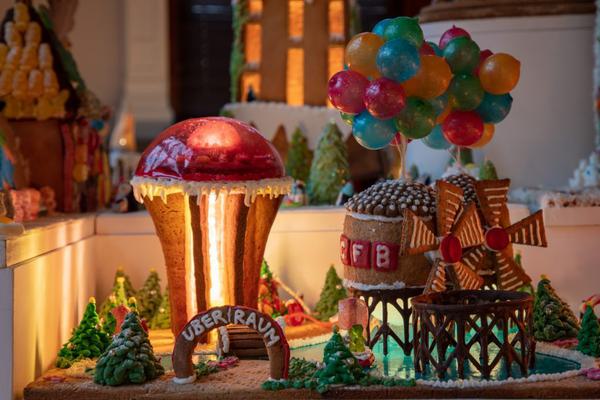
Being part of Gingerbread City 2018 has been a thoroughly rewarding experience, opening a platform for discussion around futuristic design approaches and encouraged in-depth thought about how our cities may evolve, which can be carried through in our day-to-day jobs within built environment design.
The debate about which road our future cities will take remains a hot topic of conversation, but please keep it to below 160ºC to keep our sucrose structures from melting!
The exhibition is open until 6th January 2019 – so get your tickets and don’t miss out!
For a sneak peek at the exhibition, there are some great photos in the BBC, The Guardian, The Evening Standard, Reuters, Secret London, Time out, The Mirror and Design Week.
Related Updates
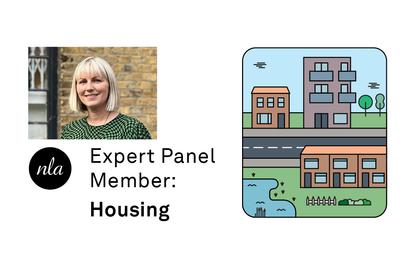
Lizzie Le Mare joins NLA Expert Panel

Tibbalds

Lizzie Le Mare attending LREF 2024

Tibbalds
Stay In Touch
Sign up to our Newsletter
Subscribe to our newsletter to receive updates about making people friendly places.

